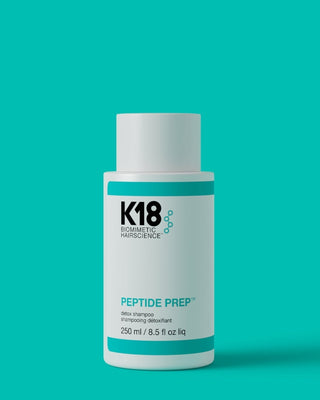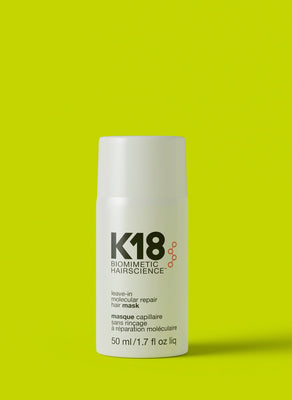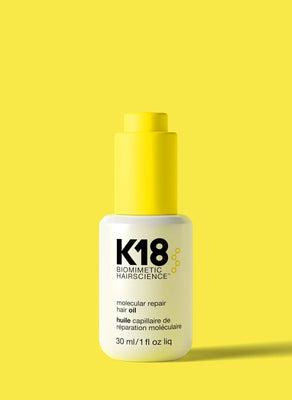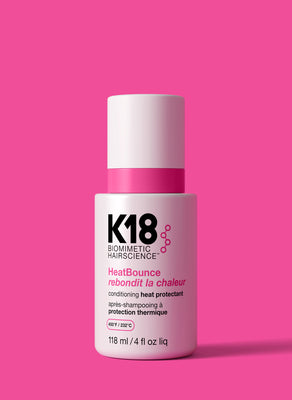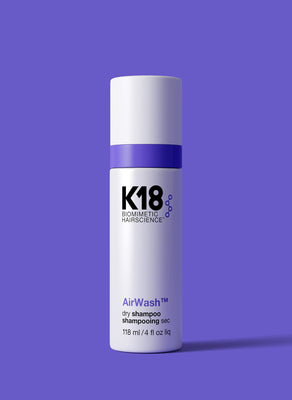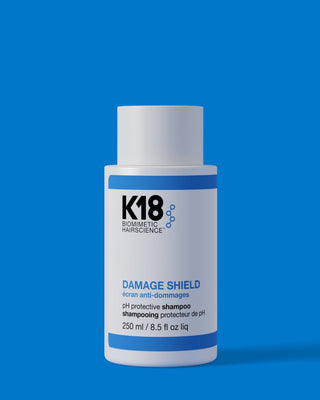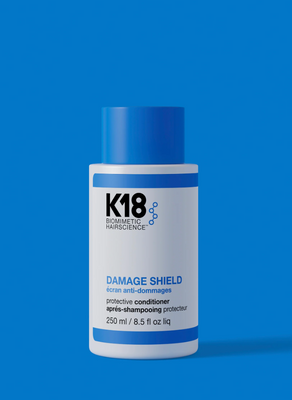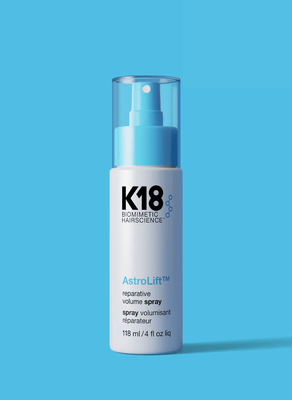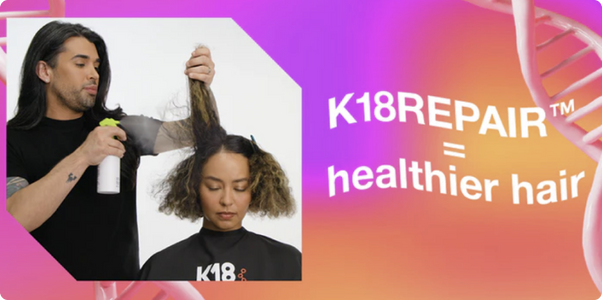Frizz. No other word comes up when you search on hair terms. It's a problem many methods, products, and routines attempt to alleviate. It's frustrating. What causes it? Forget all you've ever heard. The answer is in the molecules.
Frizz can result from various causes:
- A high-humidity environment
- Physical friction
- Repeatedly rubbing the hair strands together against the hood of your jacket or a pillow
Of course, when you're counting damage as a source of frizz, you're dealing with an issue on the molecular level.
Understanding Hair at the Molecular Level
Let's talk about the structure of hair at the molecular level for a moment. The bonding and interactions within hair keratin chains are responsible for how hair bends and breaks. There are many kinds of bonds, one of which is a reversible type called a hydrogen bond. Hydrogen bonds give water unique properties and allow water molecules to attract each other.
When hair is dry, the molecular bonds that hold together keratin chains stay close to one another, keeping hair in a particular temporary shape. However, when moisture comes around, it interferes with the bonding of these keratin chains. It's why wet hair can be styled once wet—while it becomes dry again, the keratin chains reform their bonds with those on neighbouring keratin chains.
- In Humid Environments
When humidity is higher, the water content in the air is higher. This causes water molecules in the air to come into contact with hair more frequently. Porous hair tends to absorb all forms of moisture, which can cause it to swell, opening up the cuticle in the first layer of the strand. Hydrogen bonds between keratin and water form as a result; this causes hair strands to fold back on themselves, wrenching them apart, and you have frizz.
- In Dry Environments
There is less water in the air in dry environments. People are also dealing with electrostatic repulsion that hair tends to be negatively charged, and damaged hair is even more so. Hair with an excess negative charge repels itself, resulting in a lack of smoothness and sleekness.
As if that weren't enough, you also have the added friction of extra static electricity building up. Typically, water molecules in slightly humid hair can handle the excess electricity. In dry air, though, and especially in cold air, the extra charge builds up in your hair even more than usual.
What Commercial Anti-Frizz Products Don't Tell You
Frizzy hair is a common problem; it's no surprise that commercial shampoos, conditioners, and serums are created to battle it. The cosmetic chemistry aspect of the hair industry uses oils and cationic polymers. Oils coat the hair strands to repel water, preventing or slowing their absorption into the hair. Cationic polymers are positively-charged proteins that stick to the negatively-charged (electrically charged) hair, reducing friction and improving texture.
In reality, these products are just a quick fix solution and do not address the real problem, which is raising cuticles from damage. The key to eliminating frizz is not using more products or keeping hair dry. It takes addressing the problem at the root level to truly treat damaged hair.
The K18Peptide™—Hair Care’s Newest Solution
The K18Peptide™ product was designed to repair the inner cortex and contains chains of amino acids that share the best matching sequence with the hair protein keratin. It is explicitly designed to fit in the cortex and renew its strength.
K18 is the only official distributor of K18Peptide™—the molecular breakthrough haircare was waiting for. After a decade of research, we discovered one unique sequence unlocking the science to bring strands damaged from chemical services and thermal/mechanical styling back to their original, youthful state. Patented K18 is not just a temporary fix—it’s the first product to utilise biomimetics to reconnect keratin chains once broken by bleach, colour, and chemical services, resulting in soft, smooth, strong hair with bounce that feels like new. The more damaged the hair, the more dramatic the results. Experience the K18 hair treatment and see reversed damage in just four minutes!
